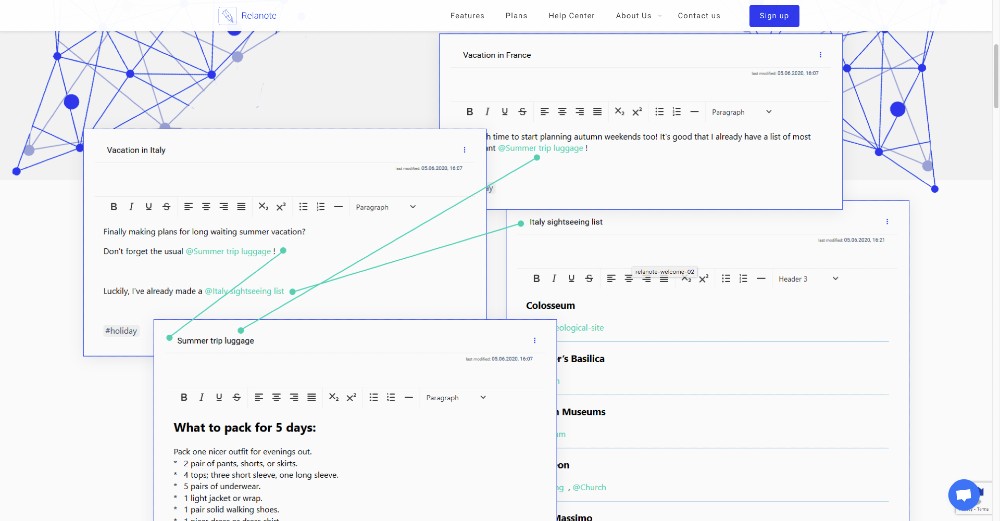Artificial intelligence is everywhere, but it’s more than just for real estate – it’s poised to reshape the entire industry. To stay relevant, Realtors, brokerages, and agents need to know how to use AI to their advantage and understand how it’s empowering consumers.
So, let’s break it down. What, exactly, can AI do for real estate pros?
“AI can be a complete game changer and give you an edge against your competition,” David Conroy, director of Emerging Technology for the National Association of Realtors, said at November’s 2020 REALTORS Conference & Expo.
That competitive edge can come from using Big Data to work smarter: being more efficient + closing transactions more quickly + cutting costs + marketing more strategically = more happy clients and more money for agents.
The term “Big Data” can be intimidating to non-techies, but don’t worry. No one needs to add “data scientist” to their LinkedIn profile. But even as venture capital is pouring into proptech startups, the real estate industry as a whole still seems to be lagging.
Actual data scientist Julianne Heller of NAR says some companies think it will be too costly and take too much work. They don’t understand or trust it. There’s also a fear that AI could replace people and cut jobs.
“AI does not equate to replacement, but it supports human work and makes our lives easier,” Heller said at the National Association of Realtors’ conference. “AI can improve the buyer and seller experience.”
What AI is
To put it simply, artificial intelligence is what lets Amazon’s Alexa talk to you and cars drive themselves. Its algorithms use data to mimic human intelligence, including learning and reasoning. Then there’s machine learning, where algorithms analyze enormous amounts of data to make predictions and assist with decision making. We’re putting them both under the same AI umbrella.
What AI can do
As AI continues to learn and evolve, the benefits for real estate professionals and consumers are getting easier to see.
Access to data lets consumers feel more in control. Researching properties on sites like Zillow and Trulia lets consumers feel like they can make smarter decisions. Now marketplace sites are using AI to better understand consumer preferences to improve their search experience. On sites like HomeLight, AI lets buyers and sellers find agents with specific experience who are likely to make them or save them the most money.
More nuanced pricing is more accurate. The incredible number of data points lets agents go beyond pulling the usual three comps from MLS. By analyzing past data, AI can put a value on things like proximity to Starbucks, local Yelp reviews, and what buyers with similar preferences have paid for similar properties. It’s AI that lets Zillow’s Zestimates “read” listing photos, identify features like granite countertops and adjust pricing based on the value they add.
Buyers get better matches with potential homes. AI can go beyond the usual filters and tap preferences of similar buyers to narrow potential candidates or expand the search area. Zeroing in on the closest-to-perfect properties saves time and money and lowers clients’ stress as transactions close more quickly.
Chatbots offer 24/7 communication between clients and agents. A client who just thought of a quick question before bedtime might be able to get an answer while her agent is sleeping peacefully. Consumers can also get answers to common questions about topics like property tax valuations’ relationship to market values. (Pro tip: Agents can also take advantage of useful communication and other proptech tools.)
Prospecting and connecting with past clients get more efficient. Some examples: Re/Max’s First app analyzes an agent’s contacts to predict who might be ready to sell soon, leading to well-timed “just checking in” calls. Homesnap Pro’s Likelihood to List feature predicts which homeowners might sell in the next year.
Marketing budgets work harder when they’re data-driven. AI can show who’s buying, where they “live” online, including their social media, and what digital and offline marketing channels are the best way to reach them with paid ads or organic strategies.
Trends big and small stand out. Not only can AI forecast the future for cities and neighborhoods, but it can also predict future property values or the best time to sell a particular house on a particular street.
What it can’t do
For all of the amazing things AI can do in real estate, there are a few things it’s not great at.
Pocket listings don’t pop up. It doesn’t have access to private listings that agents hear about through various grapevines. (Although NAR and local Realtor boards have banned them as unfair, pocket listings seem unlikely to disappear in fiercely competitive markets.)
Chatbots aren’t all that smart – yet. They can answer basic questions or get newsletter sign ups, but “Sorry, I don’t understand” can add frustration.
Bias can be baked-in. When AI output is based on data that reflects systemic housing discrimination – such as redlining and higher mortgage interest rates for minority groups – it can perpetuate those issues. (Pro tip #2: Agents, NAR’s new Fairhaven training simulations are a great way to make sure you aren’t part of the problem.)
What only humans can do
AI’s data powers can put agents in front of the right buyers and sellers at the right time, but it will always be up to humans to close deals.
There’s no substitute for personal relationships. Chatbots can’t negotiate. A C-3PO can’t show houses. Data can’t intuit anything from the look on a client’s face when she first walks into a house. Sellers and buyers want to work with agents they trust to advise them.
Only people know the stories. Agents with hyperlocal expertise know the history of the neighborhood or maybe the story behind the local mom-and-pop grocery store that’s been there for 50 years. Storytelling skills can close deals.
What’s next
As advanced as AI is, it’s still in its infancy. The amount of data will grow. Chatbots will become smarter and answer more complex questions. Projects like the IBM Policy Lab will focus on how public policy should make sure AI helps, not hinders, the common good.
Most importantly, innovation in AI will continue to sprint ahead. If real estate pros want to stay in the game, they need to bring both Big Data and personal expertise to the table.
Lisa Wyatt Roe is an Austin writer and editor whose work has been featured on CNN.com/Travel, in Texas Parks & Wildlife Magazine and in the book “Seduced by Sound: Austin; 100 Musicians on Why They Make Music.” Travel and live music feed her soul. Volunteering with refugees feeds her sense of purpose. And making friends laugh feeds her deep (yet possibly sad) need to get all the laughing emojis on Facebook.


















































